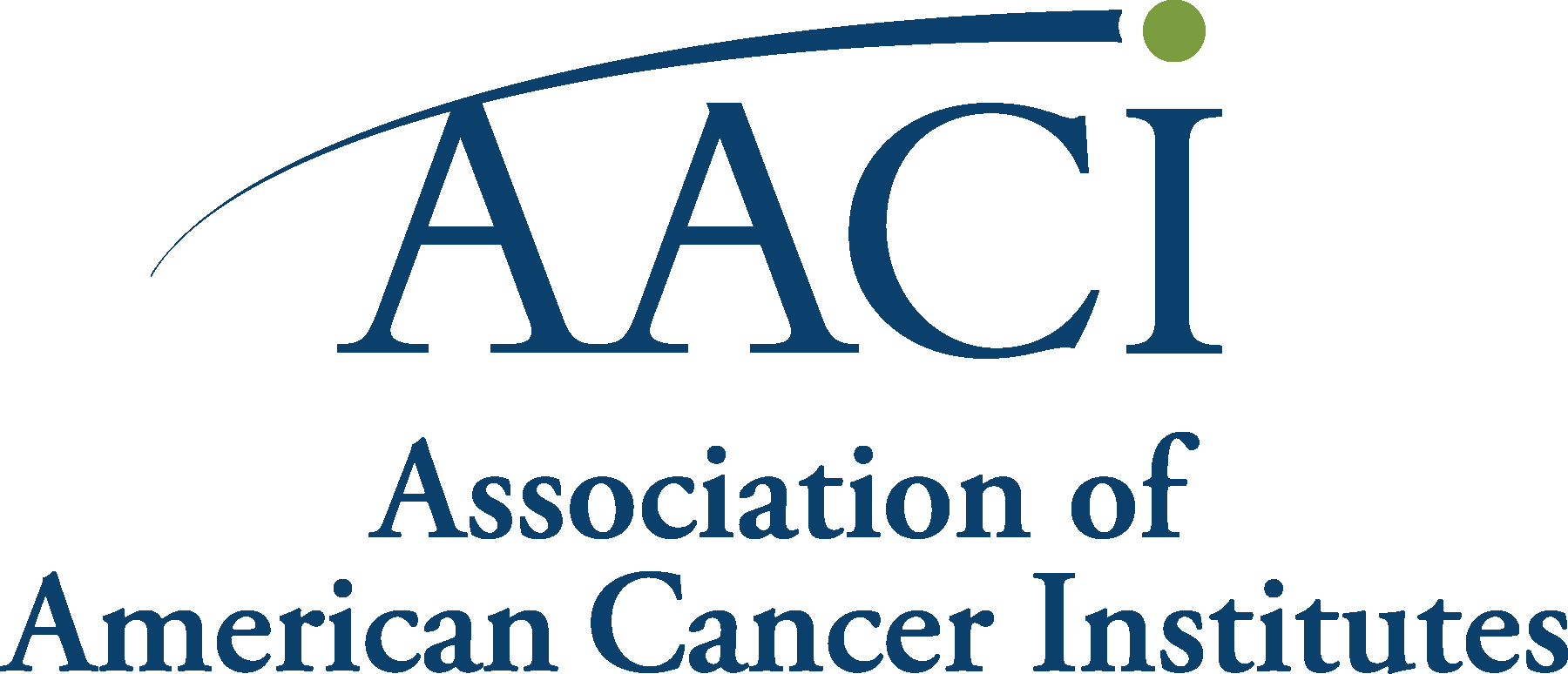Newswise — Washington, D.C. — Representatives of the Association of American Cancer Institutes (AACI) and the American Association for Cancer Research (AACR) visited federal legislators Tuesday to express their gratitude for a bipartisan spending package for fiscal year 2018 that prioritized funding for the National Institutes of Health (NIH), the National Cancer Institute (NCI), and the Food and Drug Administration (FDA). In March, Congress delivered a $3 billion increase for the NIH, raising its budget 8.3 percent to $37 billion. As part of the package, the NCI received $5.9 billion, which included $300 million in funding for the Beau Biden Cancer Moonshot Initiative, one of the key initiatives of the 21st Century Cures Act. Additionally, an initial investment of $15 million was provided for the FDA’s Oncology Center of Excellence.
“We can’t thank our nation’s policymakers enough for their extraordinary and sustained commitments to the NIH and the FDA,” said Elizabeth M. Jaffee, MD, President of the AACR, and deputy director for the Sidney Kimmel Comprehensive Cancer Center (SKCCC) at Johns Hopkins and associate director of the Bloomberg~Kimmel Institute for Cancer Immunotherapy. “It’s very clear that our nation’s leaders recognize that we are in an era of unprecedented research opportunities, which will result in major progress against cancer and the numerous other diseases that afflict so many Americans.”
Before visiting legislators, Hill Day participants gathered for a breakfast briefing from U.S. Rep. Tom Cole (R-Oklahoma), who serves as the Chairman of the House Appropriations Subcommittee on Labor, HHS, Education, and Related Agencies, the subcommittee that oversees NIH funding. Chairman Cole said that he and his counterpart Sen. Roy Blunt (R-Missouri), agreed when they became chairmen of the Labor, HHS, Education Appropriations Subcommittees in the House and Senate, respectively, that they would strive to increase the NIH’s budget each year by the rate of biomedical inflation, along with a healthy percentage of real growth, in order to ensure robust, sustained, and predictable funding increases for the agency. Their steadfast efforts have resulted in the NIH budget growing by 23 percent over the past three years.
“That additional support has been incredibly welcome news and is vital for continued success for cancer research and the delivery of care,” said AACI Executive Director Barbara Duffy Stewart, MPH. “We need to maintain this momentum.”
Mary Gillam, a cancer survivor and patient advocate who recently received treatment at the UNC Lineberger Comprehensive Cancer Center for pancreatic cancer, also addressed attendees.
All told, 74 cancer research advocates from 21 states and the District of Columbia participated in 125 meetings with lawmakers and staff. Thirty-two cancer centers were represented.
Joined by cancer researchers, physicians, survivors, patient advocates, and cancer center directors, the AACR and AACI also asked Congress to provide at least $39.3 billion for the NIH in fiscal year 2019, and $20 million for the FDA Oncology Center of Excellence. AACR and AACI are two of the largest organizations in the field, representing more than 40,000 laboratory researchers, physician-scientists, other health care professionals, and patient advocates, and 98 cancer centers across the country and overseas. For the past 11 years, the groups have shared their perspectives on Capitol Hill, underscoring how cancer research is saving lives and transforming patient care.
###
The Association of American Cancer Institutes (AACI) comprises 98 premier academic and freestanding cancer research centers in the U.S. and Canada. AACI is dedicated to reducing the burden of cancer by enhancing the impact of the leading academic cancer centers.
Founded in 1907, the American Association for Cancer Research (AACR) is the world’s first and largest professional organization dedicated to advancing cancer research and its mission to prevent and cure cancer. AACR membership includes more than 40,000 laboratory, translational, and clinical researchers; population scientists; other health care professionals; and patient advocates residing in 120 countries. The AACR marshals the full spectrum of expertise of the cancer community to accelerate progress in the prevention, biology, diagnosis, and treatment of cancer by annually convening more than 30 conferences and educational workshops, the largest of which is the AACR Annual Meeting with more than 22,600 attendees. In addition, the AACR publishes eight prestigious, peer-reviewed scientific journals and a magazine for cancer survivors, patients, and their caregivers. The AACR funds meritorious research directly as well as in cooperation with numerous cancer organizations. As the Scientific Partner of Stand Up To Cancer, the AACR provides expert peer review, grants administration, and scientific oversight of team science and individual investigator grants in cancer research that have the potential for near-term patient benefit. The AACR actively communicates with legislators and other policymakers about the value of cancer research and related biomedical science in saving lives from cancer. For more information about the AACR, visit www.AACR.org.
